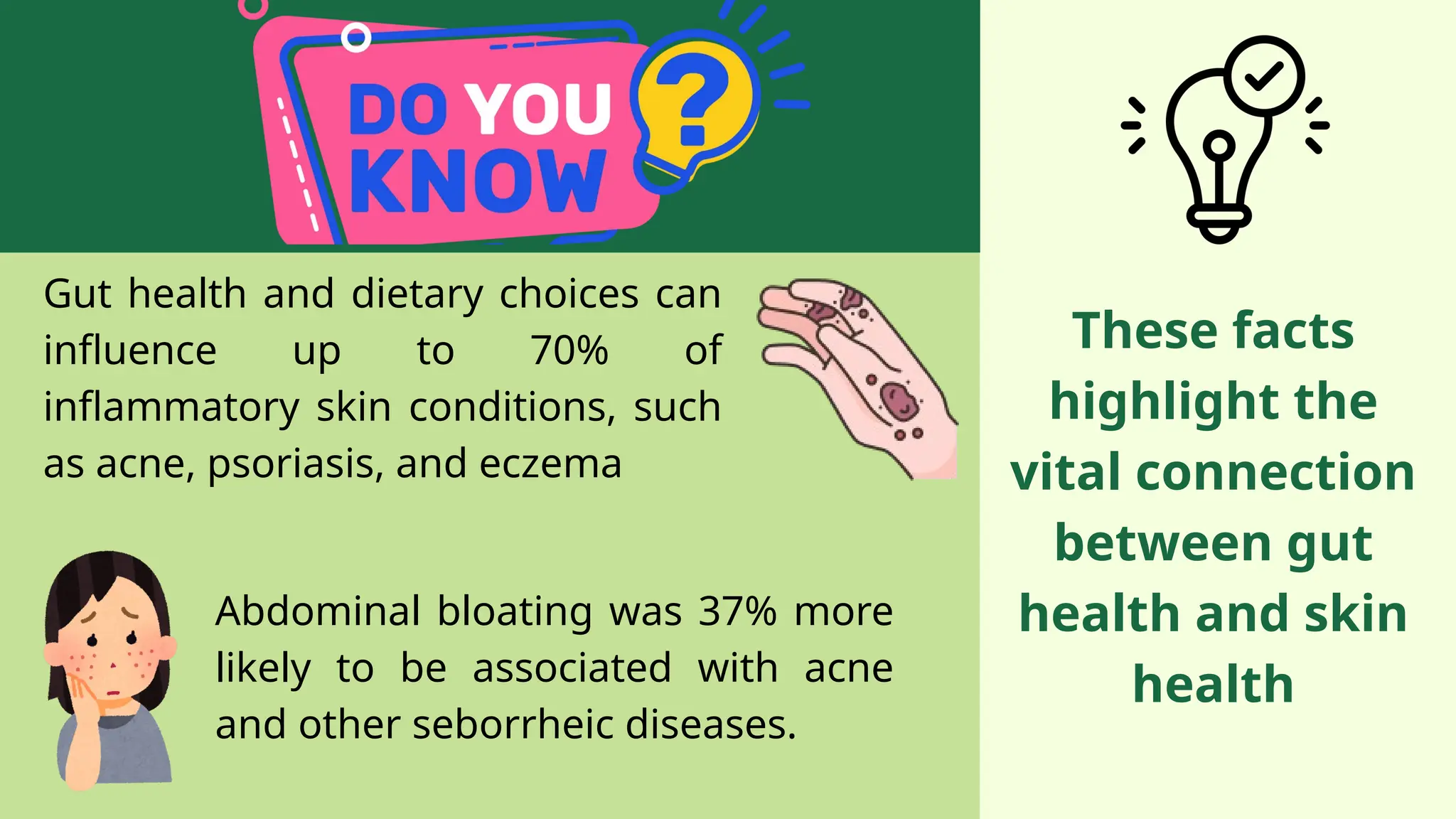Living with an autoimmune condition is a bit like being the conductor of a very complex, sometimes unpredictable, orchestra. Your body’s defense system, which should be protecting you, gets confused and starts playing the wrong notes—attacking your own tissues. And honestly, your oral health is often sitting in the front row of that orchestra, directly in the line of fire.
If you have rheumatoid arthritis, lupus, Sjögren’s syndrome, Crohn’s, or any other autoimmune disorder, you know that a simple cavity can feel like a monumental challenge. But here’s the deal: understanding the unique connection between your immune system and your mouth is the first step toward a healthier, more comfortable smile. Let’s dive in.
Why Your Mouth Feels the Impact
It’s not just in your head. The inflammation that drives your autoimmune disease doesn’t stay neatly contained. It circulates throughout your body, and the delicate tissues in your mouth are highly susceptible. Think of it as a ripple effect—a flare-up in your joints can easily manifest as swollen gums or a painful sore on your tongue.
Furthermore, many of the medications that help manage your condition, like immunosuppressants, can have direct consequences for your oral health. They’re necessary, sure, but they can alter the landscape of your mouth, making you more vulnerable to infections and slowing healing. It’s a double-edged sword that requires a smarter, more tailored approach to dental care.
Common Oral Health Challenges with Autoimmunity
So, what are you up against? Well, the list is, unfortunately, not short. But knowing your enemy is half the battle.
The Dry Mouth Dilemma (Xerostomia)
This is a huge one, especially for those with Sjögren’s syndrome. Saliva isn’t just for swallowing; it’s your mouth’s natural defense system. It washes away food particles, neutralizes acids produced by bacteria, and helps fight disease. Without it, it’s like trying to clean a kitchen without any soap or water. You’re left with a higher risk for:
- Rampant tooth decay and cavities
- Oral thrush (a fungal infection)
- A burning sensation on the tongue
- Difficulty speaking and tasting food
Gum Disease on Overdrive
Gingivitis and its more severe cousin, periodontitis, are essentially inflammatory diseases. When your body is already in a heightened state of inflammation, your gums can react more severely to the same amount of plaque. It’s like pouring gasoline on a smoldering fire. The connection is so strong that some studies suggest controlling gum disease might even help reduce overall systemic inflammation.
Lesions, Ulcers, and Geographic Tongue
Canker sores (aphthous ulcers) or red, patchy lesions on the tongue (geographic tongue) are common complaints. They can be triggered by stress, certain foods, or just the disease process itself. They’re not just a minor annoyance; they can make eating and brushing a genuinely painful experience.
Crafting Your Autoimmune-Friendly Dental Routine
Okay, enough with the problems. Let’s talk solutions. Your daily routine is your first and most powerful line of defense. It needs to be thorough yet incredibly gentle.
- Choose Your Tools Wisely: Ditch a hard-bristled brush immediately. Use an ultra-soft bristle toothbrush or a sensitive-mode electric toothbrush. The goal is to clean without causing micro-abrasions or irritating your gums.
- Toothpaste Matters: If your mouth is sensitive, avoid whitening toothpastes or those with strong flavoring agents like SLS (Sodium Lauryl Sulfate), which can trigger ulcers. A bland, fluoride-based, or hydroxyapatite toothpaste is often your best bet.
- Floss Gently but Consistently: Yes, it’s a pain. But inflamed gums bleed more easily, and skipping flossing just lets the bacteria that cause the inflammation run wild. Use a gentle water flosser on a low setting or soft, shred-resistant tape.
- Become a Dry Mouth Expert: This is non-negotiable. Sip water constantly. Use dry mouth specific products like Biotène or ACT Total Care Dry Mouth lozenges. Chew xylitol gum. Consider a humidifier at your bedside. You’re trying to manually replicate what your body isn’t providing.
The Dentist Conversation: Your Medical Ally
Your dentist needs to be a partner in your care, not just a tooth mechanic. This relationship is crucial.
Communication is everything. Before any appointment, ensure your dentist has a complete and updated list of all your diagnoses and every single medication and supplement you take. This includes dosages. This information directly impacts the treatment plan they create for you.
You might need to discuss antibiotic prophylaxis before certain procedures. For some people with specific conditions or on powerful immunosuppressants, a pre-appointment dose of antibiotics is necessary to prevent a serious infection. It’s a key question to ask both your rheumatologist and your dentist.
And timing… well, timing is everything. Schedule your dental work during periods of remission, when your disease is best controlled. Your body will be better equipped to handle the stress and heal effectively.
A Quick Guide to Common Conditions & Oral Symptoms
| Autoimmune Condition | Potential Oral Manifestations |
|---|---|
| Sjögren’s Syndrome | Severe dry mouth, burning sensation, increased cavities, oral thrush. |
| Lupus (SLE) | Mouth ulcers (sores), lichen planus (lacy white patches), increased gum inflammation. |
| Rheumatoid Arthritis | Temporomandibular Joint (TMJ) pain, gum disease, dry mouth from medications. |
| Crohn’s Disease & IBD | Swollen lips, cobblestone patches inside cheeks, mouth ulcers that mirror gut flares. |
| Psoriasis | Geographic tongue, fissured tongue, and rarely, oral lesions resembling skin plaques. |
Beyond the Brush: The Bigger Picture
It’s tempting to think of your mouth as separate from the rest of you. But it’s not. It’s a window. The state of your oral health can reflect the state of your systemic health. Managing your autoimmune condition effectively with your doctor—through medication, diet, and stress reduction—is, in fact, one of the best things you can do for your teeth and gums.
And honestly, don’t underestimate the power of a supportive dental team. Finding a dentist who listens, who understands the complexities of chronic illness, can change everything. It transforms a dreaded appointment into a collaborative step toward better well-being.
So, you see, it’s not about achieving a “perfect” smile by some rigid standard. It’s about cultivating resilience. It’s about tending to your oral garden with a little more patience, a lot more gentleness, and the profound understanding that every small, consistent act of care is a note of harmony in your body’s complex symphony.







 Navigating Acne Treatments and Product Compatibility for Sensitive, Reactive Skin Types
Navigating Acne Treatments and Product Compatibility for Sensitive, Reactive Skin Types  Adapting Fitness and Nutrition for Long-Term Healthspan in Peri-Menopause and Menopause
Adapting Fitness and Nutrition for Long-Term Healthspan in Peri-Menopause and Menopause  The Intersection of Skin Health and Metabolic Wellness: It’s More Than Skin Deep
The Intersection of Skin Health and Metabolic Wellness: It’s More Than Skin Deep  Adapting Strength Training for Individuals with Autoimmune Conditions and Chronic Fatigue
Adapting Strength Training for Individuals with Autoimmune Conditions and Chronic Fatigue  Gentle Fitness for Long COVID Recovery and Energy Management: A Compassionate Guide
Gentle Fitness for Long COVID Recovery and Energy Management: A Compassionate Guide  The Future of Teledentistry: Remote Monitoring, Consultations, and a New Era of Preventive Care
The Future of Teledentistry: Remote Monitoring, Consultations, and a New Era of Preventive Care  Comprehensive Dental Wellness Strategies for Peri-Menopausal and Menopausal Women
Comprehensive Dental Wellness Strategies for Peri-Menopausal and Menopausal Women  The Intersection of Gut Health, Probiotics, and Acne Management: A Clearer Path to Skin Wellness
The Intersection of Gut Health, Probiotics, and Acne Management: A Clearer Path to Skin Wellness  Acne-Safe Makeup: How to Look Flawless Without Clogging Your Pores
Acne-Safe Makeup: How to Look Flawless Without Clogging Your Pores 